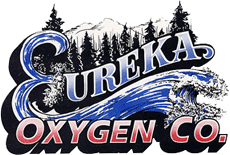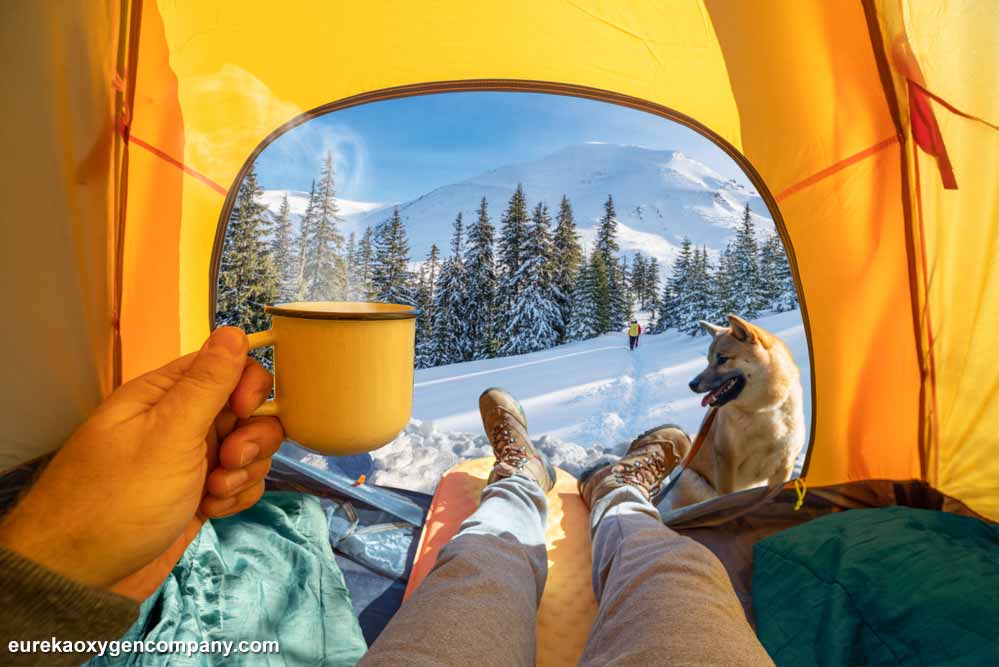Assessing the Proper Use
Gas tent heaters allow comfortable cold-weather camping and introduce potential risks from carbon monoxide exposure or fires. Choosing a heater designed and labeled specifically for indoor/tent use is crucial. Seek out built-in safety features like auto shut-off when tipped over or low oxygen is detected. Always bring a working battery-powered carbon monoxide detector, ventilate adequately per the product manual, and never operate heaters unattended or while sleeping. With proper use, gas heaters beat back the chill. But caution is still required.
Specialized Equipment Needs
Several items become essentials during winter camping scenarios. Use hot hand warmers inside mittens, and tuck toe warmers into boots for instant heat. Have a thermos of hot tea to quickly regain feeling in your fingers and toes. Stock up on disposable propane or butane tanks to fuel small tent heaters.
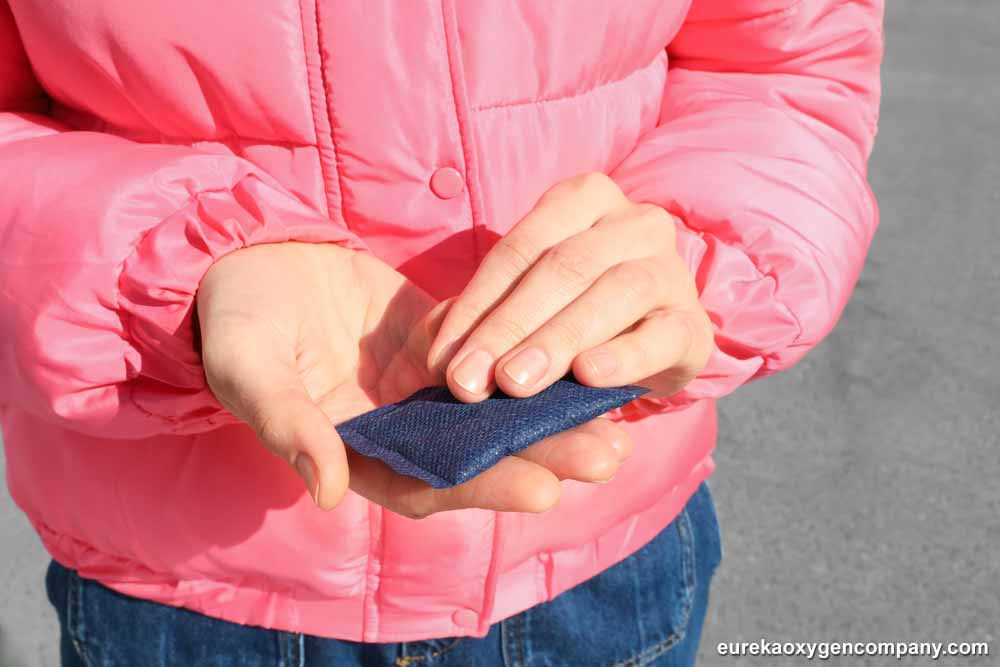
Monitoring the Environment
Ventilating your tent is mandatory when firing up gas heating, but balancing warmth and airflow poses a winter camping challenge. Combustion consumes oxygen, so cracked windows or flaps are vital, even though it feels counterintuitive to welcome cold air. Position unit heaters wisely to avoid melting gear or tent walls but still evenly warm the interior. Check exterior vents often and sweep snow away if needed. Use gear loft storage to keep clothing and sleeping bags away from rising heat. Situate carbon monoxide detectors effectively.
Maintaining Adequate Ventilation
Creating constant air circulation prevents hazardous buildup of combustion gases. Crack windows, doors, or vents on opposite sides of tents to enable crossflow. Periodically check that the ventilation outlets remain clear of snow or debris which can choke airflow. Understand how prevailing winds or storms may impact ventilation patterns and equipment positioning.
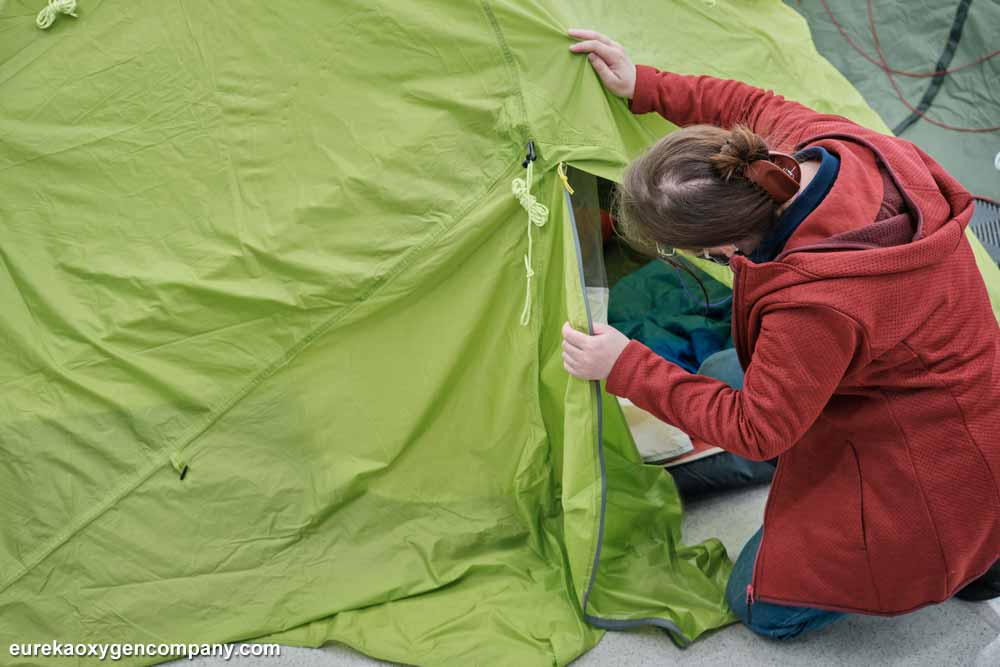
When setting up camp, scout for natural barriers providing shelter that won’t also block fresh air access. Avoid deep pits or setting tents against hillsides without planning for supplemental ventilation needs.
Effective Gas Detection Methods
Electronic combustible gas sensors confirm propane heaters are burning fuel efficiently during operation. Carbon monoxide detectors actively monitor air quality and automatically shut down faulty heaters exceeding safe CO limits. Oxygen analyzers ensure adequate interior oxygen levels for human breathing and combustion. For tent gas safety, pair detectors with exterior exhaust probes to sample incoming air. Conduct regular shock-sensor tests to verify sensors function properly under winter vibration and cold. Always have spare lithium batteries, remembering cold quickly drains power.
Streamlining Emergency Protocols
Prepare contingency protocols before deploying gas heaters in winter conditions. Keep user manuals readily available for the exact steps for primary shutdown of propane lines/canister valves. Take note of methods to extinguish stubborn flames or embers and the procedures for using ABC dry chemical extinguishers. Keep first aid kits ready and easy to access. Remember upon arrival of your comparing location to confirm cell signal reliability for emergency calls. Physically walk through protocols during pre-trip planning with those who will accompany you.
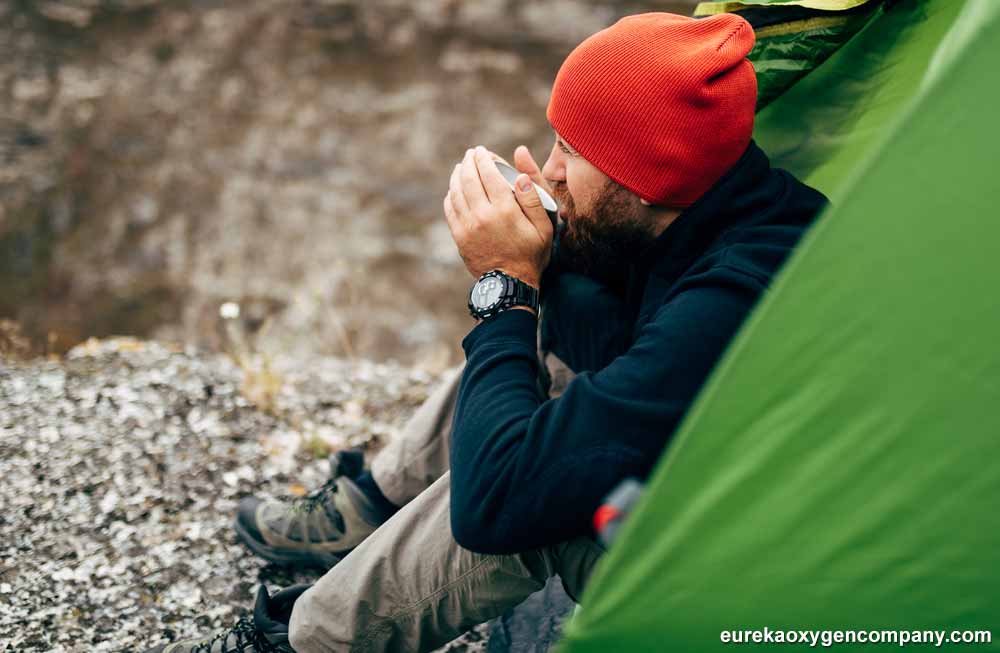
Additional Cold Weather Considerations
Further tips when preparing to camp with gas heaters in frigid temps:
- Choose smaller tents for quicker heating and thermal efficiency.
- Insulate floors from frozen ground.
- Hydrate often, despite reduced thirst sensations.
- Watch for frostnip warning signs like waxy skin or numbness.
- Always wear a hat and glove liners in sleeping bags.
- Have foot/hand warmers, high-calorie snacks, and a spare coat handy but isolated from heater exhausts.
- Schedule a check-in call with someone not on the trip.
- Attempting cold-weather camping without sufficient gear or contingency planning risks serious harm.
We want your outdoor adventures to be enjoyable, not emergencies!
Forge Forward Into Winter
Combining specialized equipment and training with gas heating expertise enables memorable winter camping minus frozen misery or devastating accidents. At Eureka Oxygen, we have earned decades of real-world experiences fueling industrial operations, which translates directly into freezing temperature capability. Stop into one of our locations or call us today. Talk to our pros about tailoring a protected heating solution for your upcoming alpine exploits!
